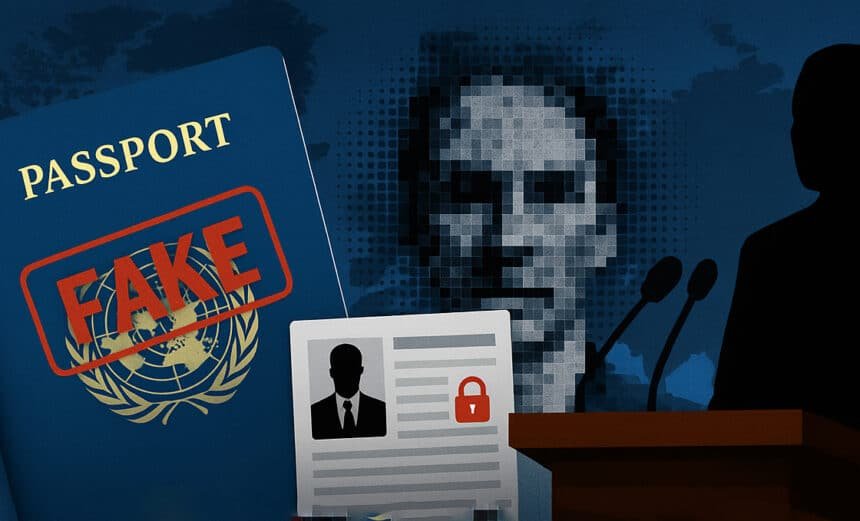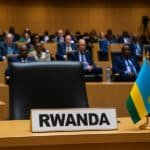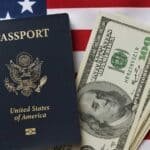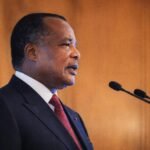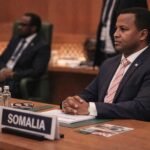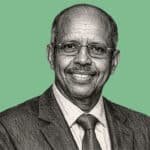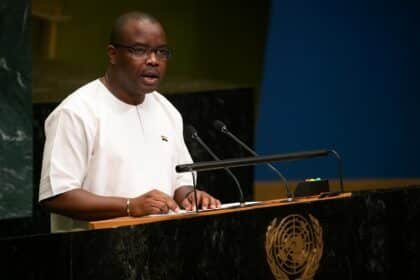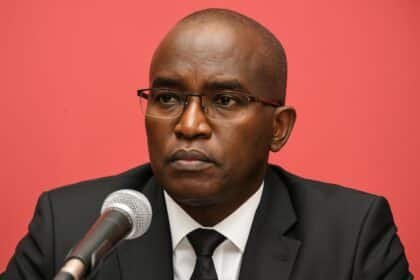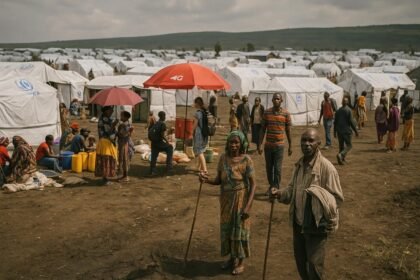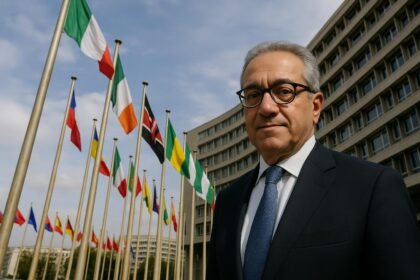When a Rumour Outpaces a Visa Stamp
On 18 June 2025 fact-checking websites refuted an online claim that Kinshasa was “auctioning” diplomatic passports to the highest bidder, demonstrating that the serial numbers circulating on X belonged to blanks stolen in 2017 and already voided in Interpol’s SLTD database. The hoax nonetheless amassed more than 600 000 impressions in forty-eight hours and provoked parliamentary questions in Paris and Brussels about visa reciprocity. A senior Congolese official lamented that “one tweet did what years of lobbying never could: it tainted every burgundy booklet we issue”.
Kremlin Echoes and Gulf Ripples
Passports are not the only diplomatic tokens under attack. A Reuters dispatch on 20 June 2025 recorded Kremlin spokesman Dmitry Peskov branding alleged US plans for “tactical” nuclear strikes on Iran as a Western media fabrication, while warning of “catastrophic consequences” if Washington acted on the rumour (Reuters, 20 June 2025). Within minutes, automated accounts amplified Peskov’s line in Farsi and Arabic, forcing Gulf foreign ministries to issue denials before Friday prayers had concluded. Such sequencing shows how forged narratives now set the agenda, compelling diplomats to engage on terrain chosen by the deceiver rather than the treaty text.
From Bot Armies to Brussels Boardrooms
A parallel pattern emerged in South Asia. A Network Contagion Research Institute report, summarised by The Sunday Guardian on 15 June 2025, mapped a three-phase Pakistani operation that seeded a false-flag theory after the Pahalgam terror attack, used bots to trend the hashtag #IndianFalseFlagExposed, and exported the narrative through Western influencers with pro-Kremlin ties (Sunday Guardian, 15 June 2025). The study notes that almost forty per cent of the accounts were created in April alone, highlighting how low entry costs weaponise scale.
Inside the European Union, scholars such as Sophie Vériter at Leiden University argue that framing disinformation purely as a security threat “reduces public involvement and widens the gap between citizens and institutions”, urging a pivot toward transparency and media literacy (Leiden University interview, 6 June 2025). Her research coincides with the EU DisinfoLab’s May 2025 update, which flagged Russian climate-misinformation cells operating out of Bamako and Bangui as a fresh vector capable of derailing the Union’s Sahel strategy (EU DisinfoLab, 27 May 2025).
Diplomatic Collateral
These cases share three traits. First, each hoax exploits a symbolic artefact—passport, nuclear doctrine, counter-terror narrative—whose manipulation carries reputational cost disproportionate to the rumour’s production price. Second, velocity overwhelms verification; foreign ministries still rely on inter-agency clearances that cede the news cycle to unverified content. Third, the clean-up diverts limited bandwidth. In Kinshasa, officials confirmed that legitimate passport renewals fell by eleven per cent in the week the forgery trended, as citizens feared their documents would be impounded abroad.
Closing the Credibility Gap
Diplomacy has historically prized discretion, yet the information battlespace rewards immediacy. Three reforms present themselves. Governments must pre-register high-value documents—diplomatic passports, treaty annexes—in publicly searchable ledgers so that forgeries are instantly traceable. They should expand rapid-response digital teams, modelled on France’s Cellule Viginum, to intercept viral fabrications before foreign desks awaken. Finally, strategic communication needs democratic oversight; as Vériter notes, excluding the electorate from counter-disinformation policy erodes the very trust it seeks to defend.
Fake news is no longer a nuisance consigned to fringe forums; it is a precision tool capable of poisoning bilateral talks or sabotaging multilateral summits with a single manipulated PDF. Unless states treat credibility as critical infrastructure—audited, stress-tested and transparently governed—the next forged passport or deep-fake communiqué may do more than embarrass a chancery; it could trigger a real-world crisis that no amount of shuttle diplomacy can mend.
